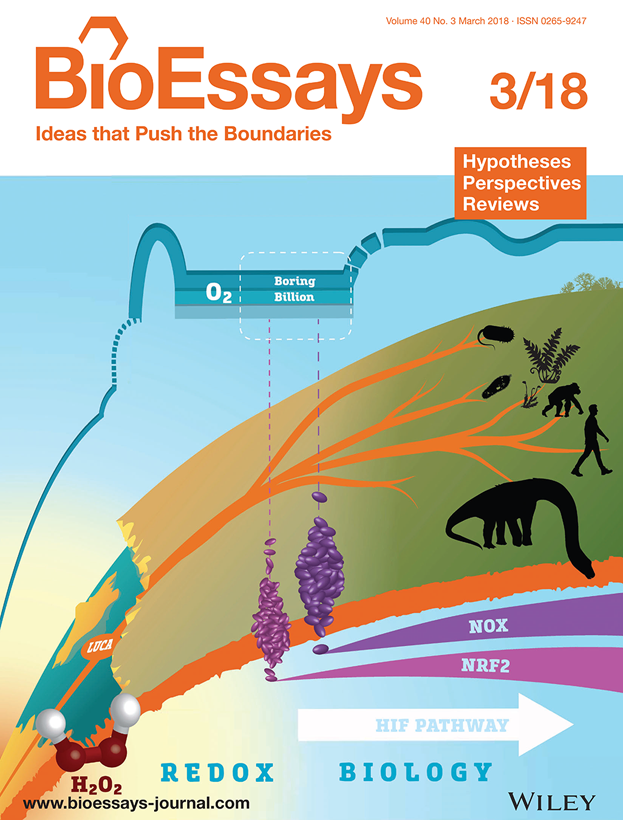Surviving Starvation: AMPK Protects Germ Cell Integrity by Targeting Multiple
Epigenetic Effectors.
Bioessays. 2018 Feb 12. doi: 10.1002/bies.201700095.
Demoinet E(1)(2), Roy R(1).
Author information:
(1)Department of Biology, McGill University, Montreal, Quebec, Canada, H3A 1B1.
(2)Institute of Biology Valrose (iBV), CNRS, INSERM, Université Nice Sophia Antipolis, 06100, Nice, France.
Acute starvation can have long-term consequences that are mediated through epigenetic change. Some of these changes are affected by the activity of AMP-activated protein kinase (AMPK), a master regulator of cellular energy homeostasis. In Caenorhabditis elegans, the absence of AMPK during a period of starvation in an early larval stage results in developmental defects following their recovery on food, while many of them become sterile. Moreover, the loss of AMPK during this quiescent period results in transgenerational phenotypes that can become progressively worse with each successive generation. Our recent data describe a chromatin-based mechanism of how AMPK mediates adjustment to acute starvation in the germ cells, however, the heritable aspect of this AMPK mutant phenotype remains unresolved. Here, we explore how AMPK might affect this process and speculate how the initial transcription that occurs in the germ cells may adversely affect subsequent germline gene expression and/or genomic integrity.
© 2018 WILEY Periodicals, Inc.
DOI: 10.1002/bies.201700095
PMID: 29430674

